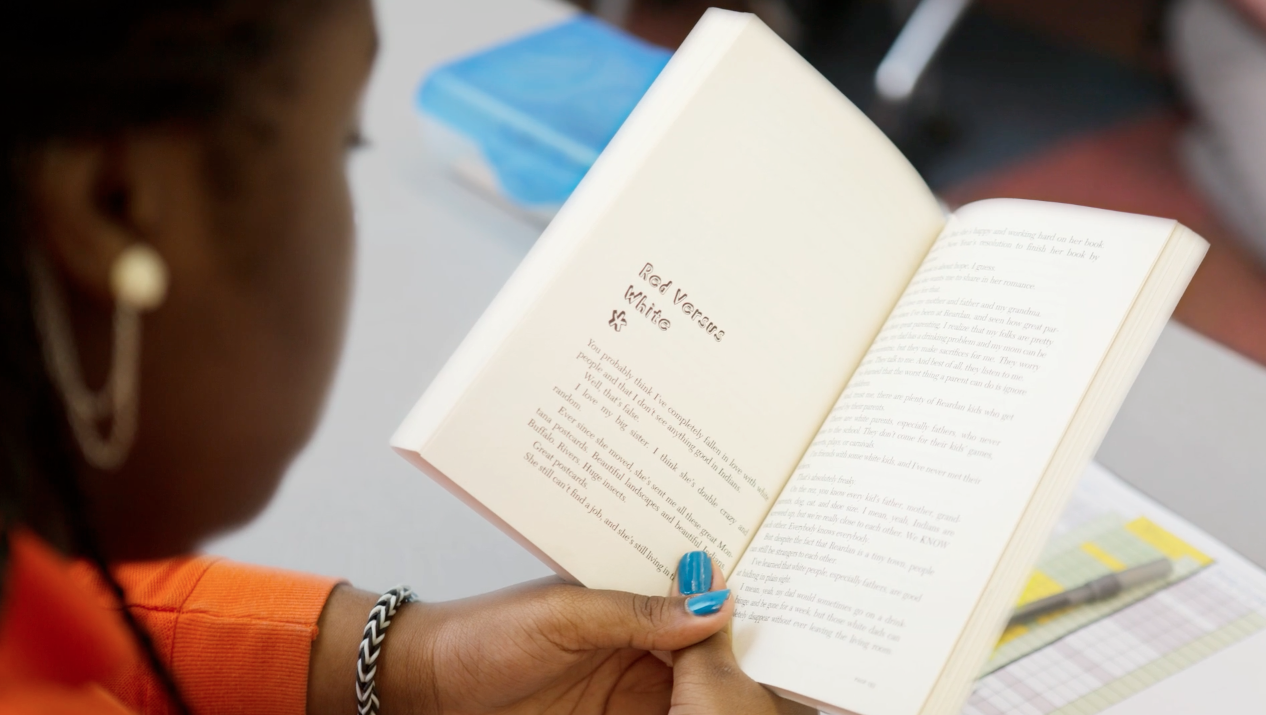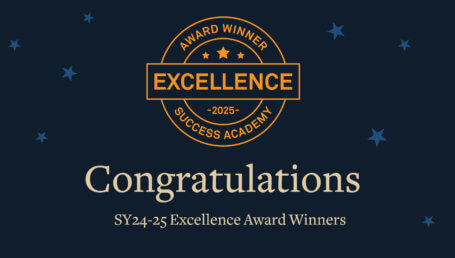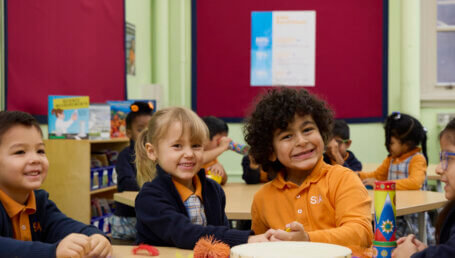
As the end of the school year looms, principals, teachers, and parents across the country scramble to come up with ways to make sure that kids continue reading over the summer. Schools assign required summer reading, while bookstores, libraries, and camps create book clubs or summer reading programs, often with the promise of prizes for most books read.
For as many reading logs, timers, incentive programs, and star charts there are, there are as many individuals staunchly opposed to applying any extrinsic motivation to reading. And I can’t say I disagree with them.
These critics – along with the voice in my head that so desperately wants reading to remain purely joyful, unsullied by bribes and punishments – ask:
Isn’t rewarding kids for reading a tacit admission that reading is not its own reward? After all, we don’t reward kids for playing video games or watching TV.
Isn’t setting a timer to make sure kids read for X minutes a day sending the message that reading is a chore to be gotten over with? Kids should be getting so lost in a good book that time disappears.
Isn’t forcing kids to log their reading turning reading into an onerous chore instead of an enthusiastic choice?
When we employ these tactics divorced from a true passion for reading, the answer to these questions will always be yes. And yet, when employed thoughtfully and purposefully, these tactics can be powerful tools to support kids as they build strong at-home reading habits and develop their love of reading. That’s what we’re constantly striving for at Success Academy.
Meaningful Rewards
At Success Academy, teachers do reward scholars for reading. Small rewards are a fun part of childhood and a simple way to let kids know we’re proud of their hard work. But it’s important to us that we reward reading with reading. When an entire class completes their reading logs, for example, they may get a special read aloud from a guest reader (a parent, their teacher from last year, or non-teaching school staff). They may even get the chance to visit another grade to hear their read aloud. A small group of kids may earn a book chat with the principal. Another one of our favorite “carrots” is to reserve a favorite poetry or short story collection for reading aloud only on special occasions. By rewarding reading with more reading, we’re sending the message that reading is a fantastic reward. During the summer, families can do this, too, by promising a new book for every five library books read or by organizing a special family reading night.
Thoughtful Reading Logs
When Success Academy teachers use reading logs, they are ensuring that every scholar develops strong reading habits, which are so critical to long-term academic success. Nightly required reading helps kids and families carve out sacred time every day to sink into a book. Some kids will pick up a book whenever and wherever; others need that reminder to take the time to read every evening.
Though reading log completion is tracked in progress reports, the reading log is not used just to check up on scholars; it’s an incredibly important guide for both teachers and parents. Teachers use the logs to get to know their scholars as readers —they are a jumping off point for conversations around books and a diagnostic tool that give teachers additional insight into what and how kids are reading at home: whether a scholar read a lot of a particular genre, or avoids one altogether, whether a scholar seems to start more books than he finishes, or appears to be reading too quickly or very slowly. Reading logs help teachers make better book recommendations and follow up on any concerns. For example, if a teacher notices that a scholar is consistently not finishing books, he or she will work with the scholar to figure out why. Are the books too easy, leading to boredom? Are they too hard, so the scholar gives up? Does that scholar need guidance in selecting books that will keep her engaged? Or does he need some help building his reading stamina?
Parents can use the reading log as a tool as well. We encourage parents to take the reading log to the bookstore or library and ask for book recommendations based on their child’s reading history. Knowing what books a child has read and liked enables a librarian or bookseller to make much more meaningful and targeted recommendations.
This summer, some kids will sprawl out on the couch for hours, lost in a good book, while others will race through their required reading to get outdoors. Our job as adults is to work with all those readers, nudging the ones who need a nudge and rewarding the ones who try hard to surpass our expectations. When we do this thoughtfully, kids will learn to fall in love with reading.










